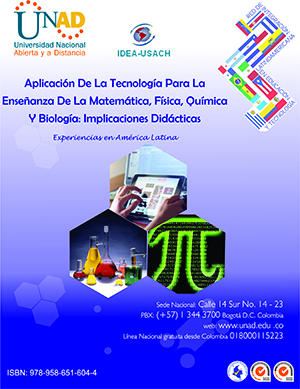Publicado
OS RECURSOS DA WEB 2.0 NA EDUCAÇÃO CIENTÍFICA ESCOLAR FUNDAMENTADA EM INQUIRY
Abstract
In this article is emphasized the IBSE method (Inquiry-Based Science Education or “Inquiry”) which consists of engaging the students in investigations that integrate theory and practice, building the knowledge from the problem resolution. To achieve the goals, it is necessary to consider the existing educational possibilities to accomplish the curricular integration of the Web 2.0 resources. The application of this method happened in a State School, involving a class of third grade of Polytechnic Secundary School in south of Brazil. The results suggest that this method have been contributing positively in students’ learning, because promotes the motivation of the student who is engaged by
active form in the process of learning. However, although the now students are of the digital natives generation, characterized by the facility which acess and comunicate by way of the use of the Web 2.0 resources, in the moment of this utilization in school tasks, they demonstrate sor of resistance. Pulled through this initial challenge, it was noticed that this active methodology contributes to develop autonomy in the search for solutions to the problems proposed and the ability of the reasoned argumentation.
Key-words: Web 2.0 and science education. Inquiry teaching. Active methodologies.Digital technologies and education. Digital natives.
Resumen
El artículo enfoca el método IBSE (Inquiry-Based Science Education o Educación Científica Basada en Investigación o “Inquiry”) que consiste en involucrar los estudiantes en investigaciones integrando la teoría y la práctica, construyendo el conocimiento a partir de la resolución de problemas. Con fin de alcanzar los objetivos, se hace necesario considerar las posibilidades pedagógicas existentes para realizar la integración curricular de los recursos de la Web 2.0. La aplicación de ese método ocurrió en una Escuela pública provincial, involucrando un grupo de tercer año de la Enseñanza Secundaria Politécnica en Sur de Brasil. Los resultados sugieren que ese método viene contribuyendo positivamente en el aprendizaje de los estudiantes, pues promueve la motivación del alumno que se ve enredado de forma activa en el proceso de aprendizaje. Sin embargo, aunque los alumnos actuales sean de la generación de los nativos digitales, caracterizados por la facilidad con que acceden y se comunican a través de los recursos de la Web 2.0, al momento de su utilización en tareas escolares demuestran alguna resistencia. Vencido ese desafío inicial, se percibe que esa metodología activa contribuye para desarrollar la autonomía en la búsqueda por soluciones a los problemas propuestos y la habilidad de
argumentación fundamentada.
Palabras-clave: Web 2.0 y educación científica. Enseñanza por investigación.Metodologías activas. Tecnologías digitales y educación. Nativos digitales.
Artículos más leídos del mismo autor/a
- Neusa Maria John Scheid, Tais Lazzari Konflan, CONTRIBUIÇÕES DAS TECNOLOGIAS DA INFORMAÇÃO E DA COMUNICAÇÃO EM METODOLOGIAS ALTERNATIVAS PARA O USO DE ANIMAIS NÃO HUMANOS EM AULAS EXPERIMENTAIS DE CIÊNCIAS BIOLÓGICAS , Libros Universidad Nacional Abierta y a Distancia: 2016: Aplicación de la Tecnología para la enseñanza de la matemática, Fisica, Química y Biología: Implementaciones Didácticas



